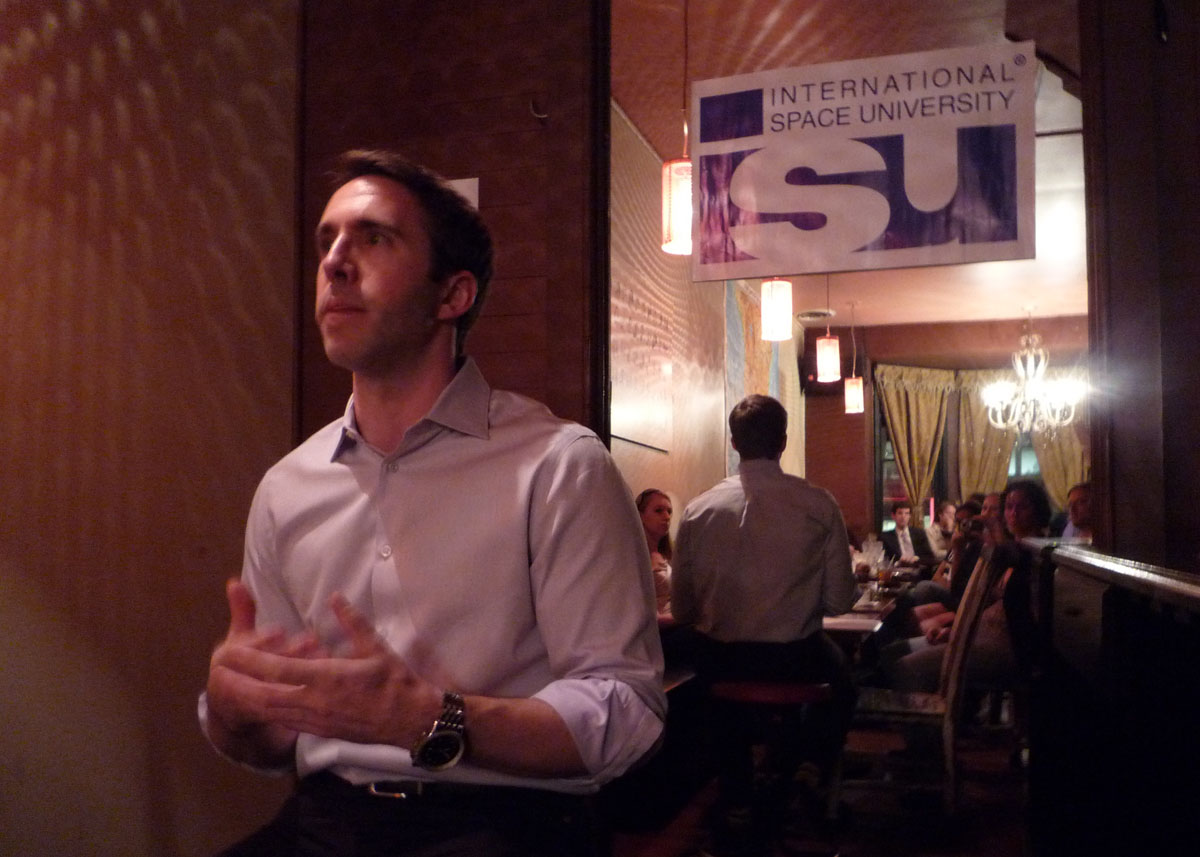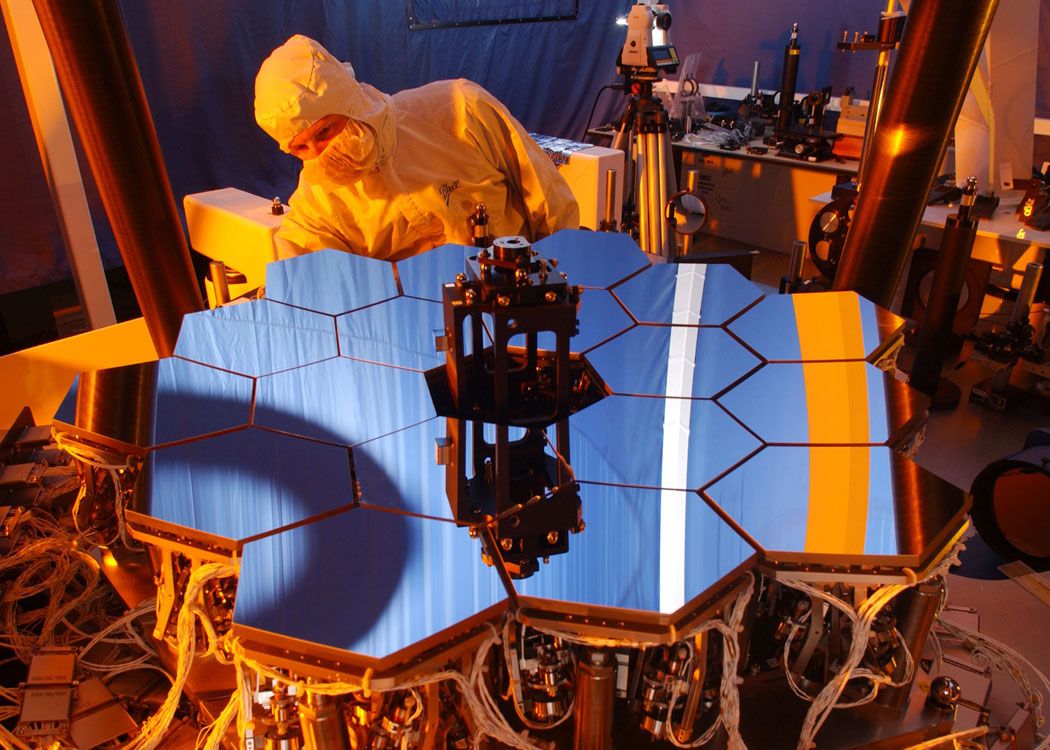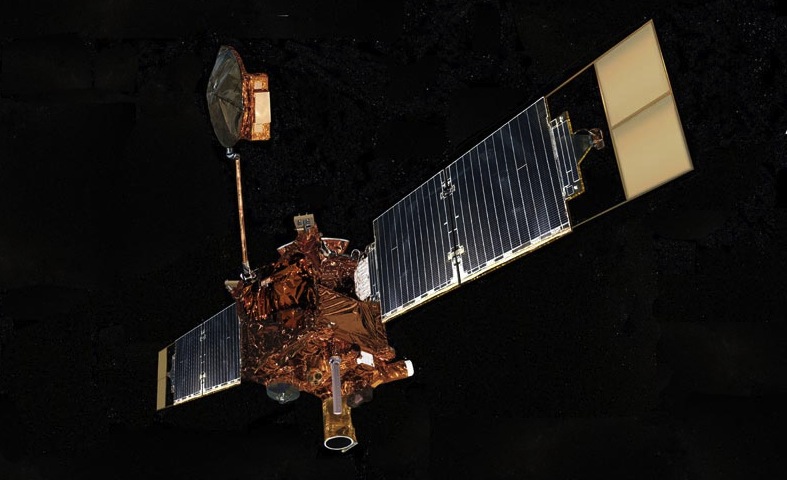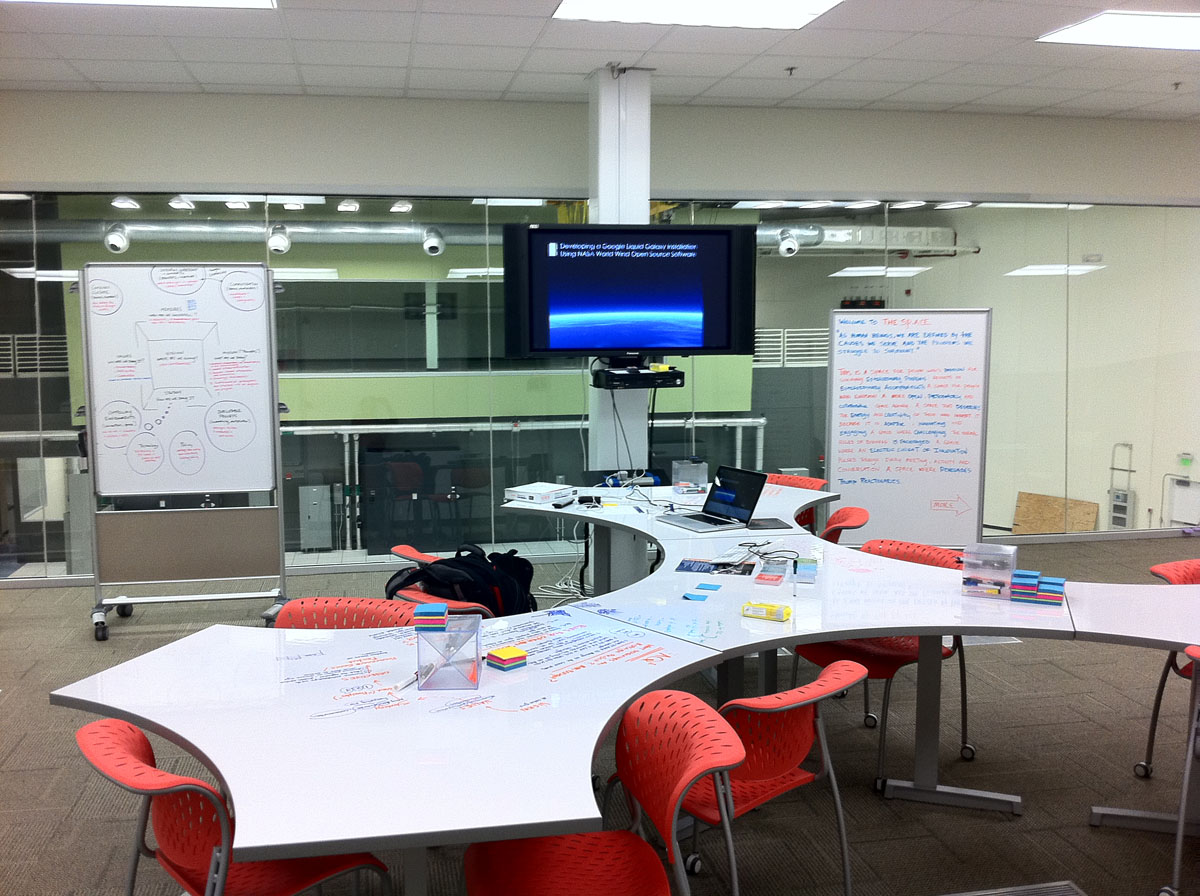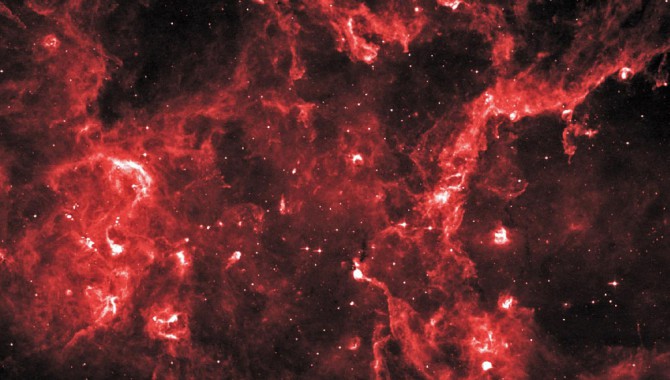
Cygnus X hosts many young stellar groupings. The combined outflows and ultraviolet radiation from the region’s numerous massive stars have heated and pushed gas away from the clusters, producing cavities of hot, lower-density gas. Photo Credit: NASA/PAC/MSX
March 28, 2012 Vol. 5, Issue 3
Information overload isn’t what it used to be, according to David Weinberg, author of Too Big to Know.
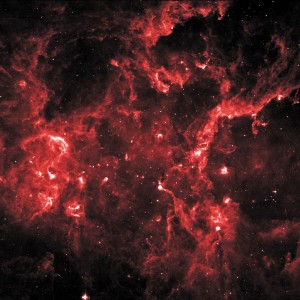
Cygnus X hosts many young stellar groupings. The combined outflows and ultraviolet radiation from the region’s numerous massive stars have heated and pushed gas away from the clusters, producing cavities of hot, lower-density gas.
Photo Credit: NASA/PAC/MSX
There is nothing new about the idea that we are deluged in both information and knowledge. For centuries, people have had to find ways to deal this problem, and in the past, a single strategy sufficed. “Knowledge has been about reducing what we need to know,” writes Weinberg, a senior researcher at Harvard University’s Berkman Center for the Internet & Society. Editors and other gatekeepers have performed the valuable function of telling us what matters and what we can safely ignore. Encyclopedias catalogued summaries of the world’s knowledge from A to Z. Publishers of books and scholarly journals approved a small subset of manuscripts and rejected the rest.
Then the Internet came along. Suddenly everyone with a connection had a means of sharing knowledge and ideas with billions of people instantaneously. To Weinberg, the change from static, paper-based knowledge to electronic formats represents a fundamental shift in knowledge itself. The old strategy of counting on gatekeepers to manage knowledge for the rest of us no longer suffices. “Rather than knowing-by-reducing to what fits in a library or scientific journal, we are now knowing-by-including every draft of every idea in vast, loosely connected webs. And that means knowledge is not the same as it was.”
The difference, Weinberg asserts, is the intelligence enabled by networks. “The smartest person in the room is the room itself: the network that joins the people and ideas in the room, and connects those outside it,” he writes. “Our task is to learn how to build smart rooms–that is, how to build networks that make us smarter, especially since, when done badly, networks can make us distressingly stupider.”
Read more about Too Big to Know.






